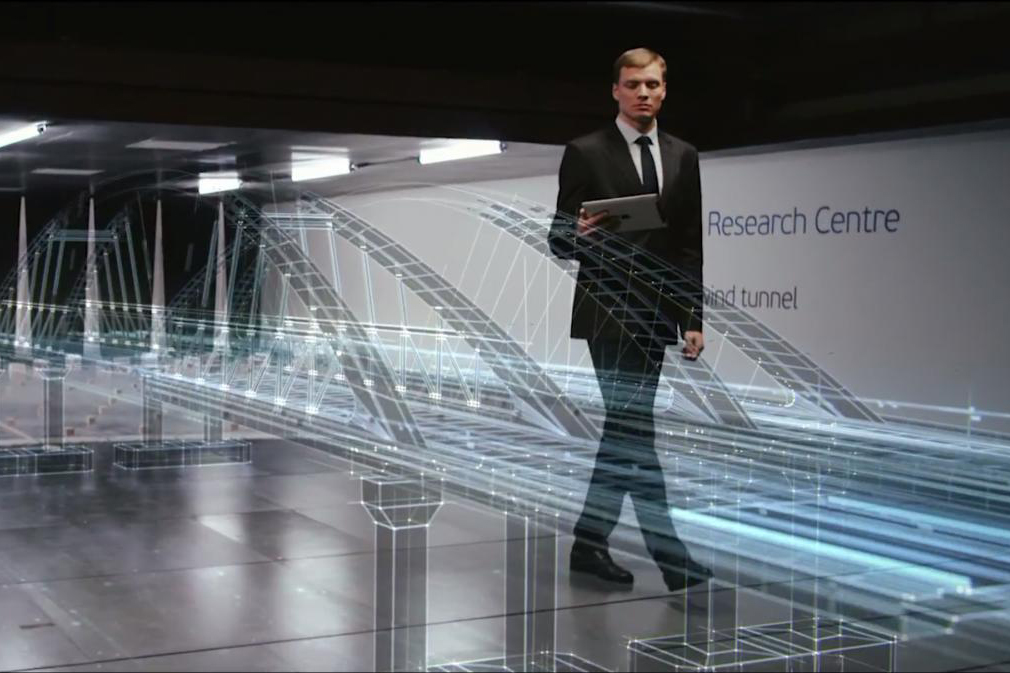Neglected Matters : Witnessing air pollution’s externalization within the context of London
Clémence Althabegoity (RA)

Neglected matters are the testimony of air pollution’s ethereal architecture. Leaving living and non-living archives of pollutants, its qualitative data materializes as the temporal product of toxicity in flux. Whilst pollution is not as visible as when dark smoke was coming out of London’s chimneys and industrial sites as in the 1950s, its noxiousness is still present in material form. Molecules and microparticles are the product of accelerating vehicles. Neglected matters are the temporal product of a negative externality, traced as the exhaust-forms of movement, registered and acted upon by political sensors. It reveals the significance of velocity on emissions, and of how a city’s politics of acceleration sustains itself thanks to the acceleration of other bodies’ degradation - often those distant or less connected to the political process.
To Let Burn: Fire, Encampment and Abandonment
Dimitra Andritsou (FA)
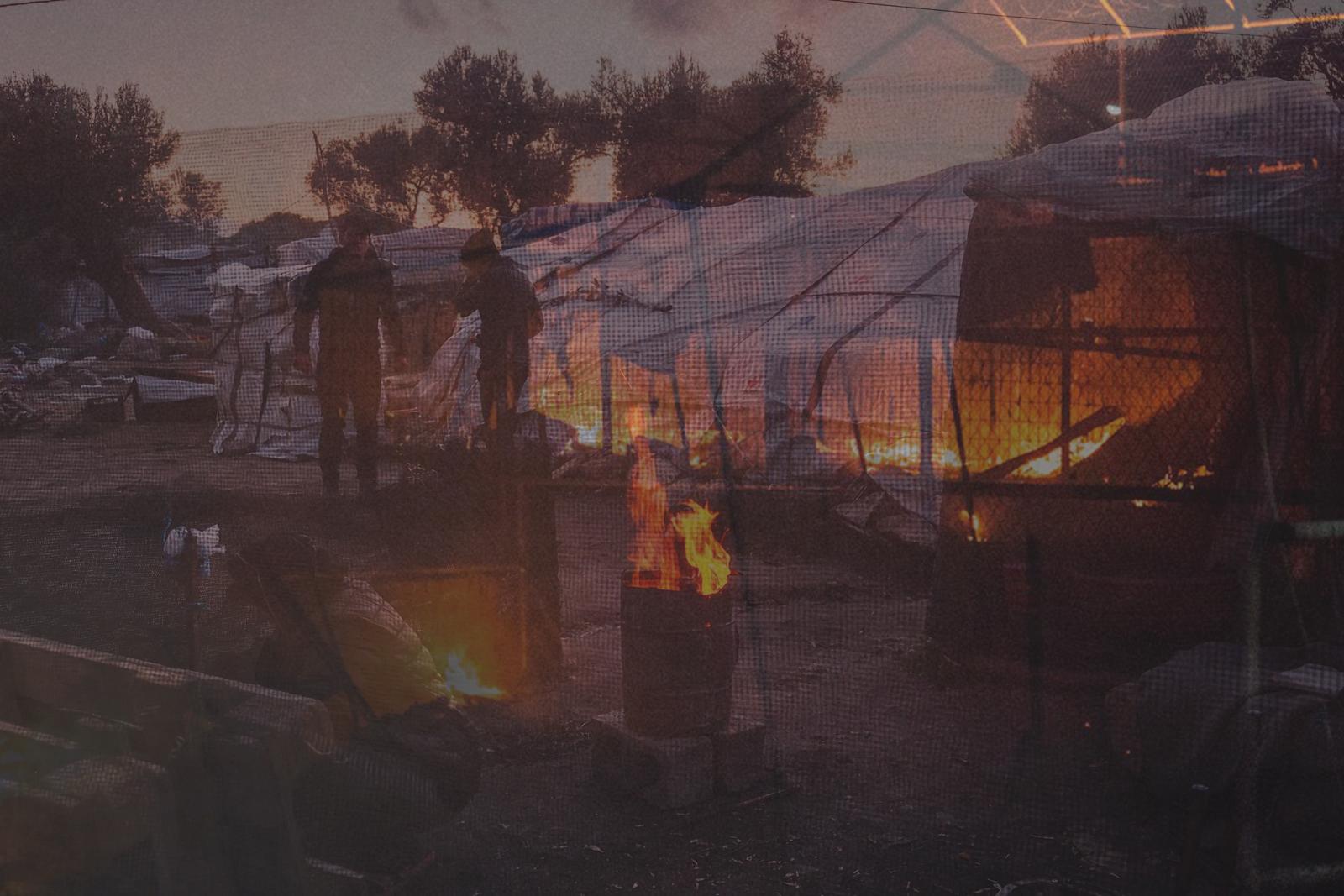
My research examines the politics of fire at play on the migrant hotspot of Moria in Lesvos, one of the frontier ‘chokepoints’ of the European border regime. From blazes of indignation to flaring humanitarian infrastructure, fire on the island appears as a lurking, ubiquitous presence. Interpolating the containment of migrant mobility with the ‘uncontainability’ of the fire, the research constitutes an attempt to navigate between nodes of intervention and negotiation within this conflictual entanglement of fire and regimes of (un)protection, and rethink how accountability and notions of social justice may operate in such a volatile field.
Sounding the Crisis
Christxpher Oliver (RA)

Inna di Black Arkh. Located between the ruins of Racial Capitalism. This project initially set out to conduct a sonic investigation into the racialised framing of British Citizenship. The Black Arkh is a theoretical tool kit, used to compose sounds with words and images collected through listening at key sites of investigation - such as protests led in response to the unlawful detention and deportation of many African Caribbean people exposed through the 2018 'Windrush Scandal'. With reference to Jamaican sound and histories of the voice, I aim to cut up and arrange elements of an audio archive produced out of this research, in order to consider how future articulations of truth, reparative justice and pedagogy could sound differently amid recurring crisis.
Techno-Logics of Banking
Tim Brouwer (FA)

Expanding labyrinths of Information Technology obfuscate the modus operandi of banking. Technological innovations function for but one end: profit production. Despite the Basel Accords following the 2008 financial crisis, the digitisation of the economy continues to fuel the overdependence on mega-banks, alongside the ascendancy of tech giants. This research examines TSB Bank’s recent IT accident or rather unrealistic reliance on technology as an entry point into the underlying techno-logics of banking architectures. By utilising the sensorial capacity of IT as a tool that can detect and register inter-objective relations, I materialise the conflicting inputs and outputs of TSB’s platform upgrade.
The Great Unraveling of the Corporate Sublime
Imani Jacqueline Brown (FA)

Throughout the 300 years of Louisiana's colonial existence, acolytes of Extractivism have sacrificed human and nonhuman persons on the altar to a "hyperobject" bestowed with the legal and cultural status of more-than- personhood, lowering the world's horizons. I call this entity the corporate sublime. The corporate sublime draws its energy through invasive infrastructure grafted into the increasingly machinic Mississippi River Delta. My project explores methods of bringing corporate-owned wells, canals, and plantations-turned-plants into focus. My research makes a demand for corporate accountability and reparations that could fund humanity’s transition through and beyond the Great Unraveling of the Corporate Sublime.
An Exhumation
Manuel Correa (FA)
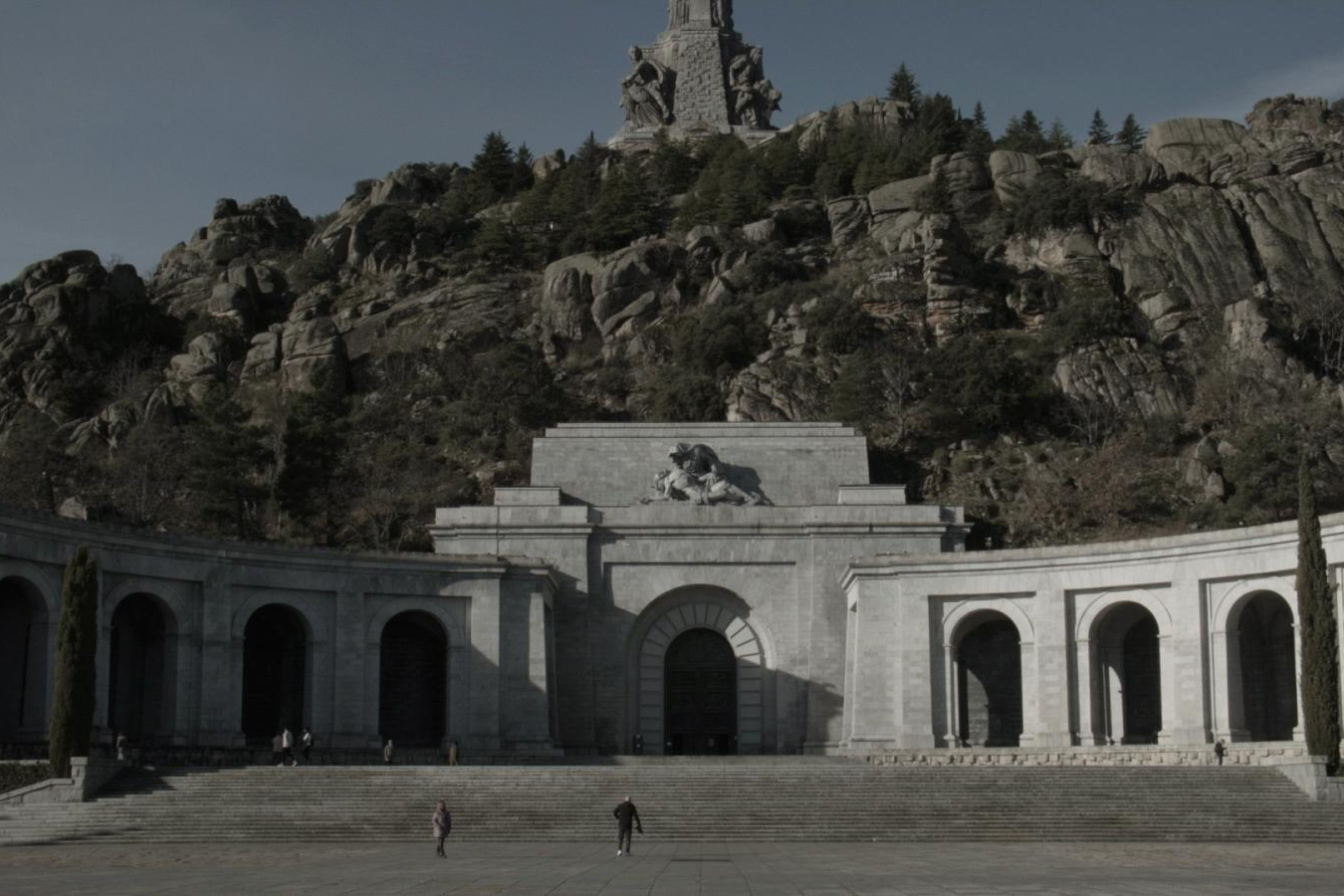
My film research is a participatory project that seeks to create a radical documental repository of testimonial and archival material about a near to impossible exhumation that has demonstrated the Spanish church’s relationship with fascism.
Adversarial Infrastructure
Anna Engelhardt (FA)
On the 25th of November 2018 Russian coast guard attacked three Ukrainian vessels, which were going to Azov sea via Kerch strait. This event marked the first official military aggression from the Russian side against Ukraine since the start of the proxy war in 2014. It was enabled by the adversarial infrastructure created in the area, one that functions as a border despite the label of the bridge. I define adversarial infrastructure as one that is achieving hostility against an enemy by combination of antagonistic functions. My project is an investigation of the continuous atrocity of adversarial infrastructure - Crimean Bridge, unlawfully constructed by Russian state in 2015-2018.
Earth as Spectrum Archive
Rebecca Huxley (RA)

Our memory of the night and experience of
darkness is undergoing a slow erasure amongst the hyperproduction of
diurnal-nocturnal urban and rural environment. Darkness is measured by the
absence of light. As the ever-increasing saturation of light occupies the
planet, minimising the amount of darkness in our lived experience, this
research will consider questions on the importance of darkness in human and
non-human experience. How does the earth hold memory of light and dark in
different locations on its sphere?
Research Boundaries: Contesting the Calculus of Risk and Protection in Geo-engineering Experimentation
Carol Iglesias (FA)
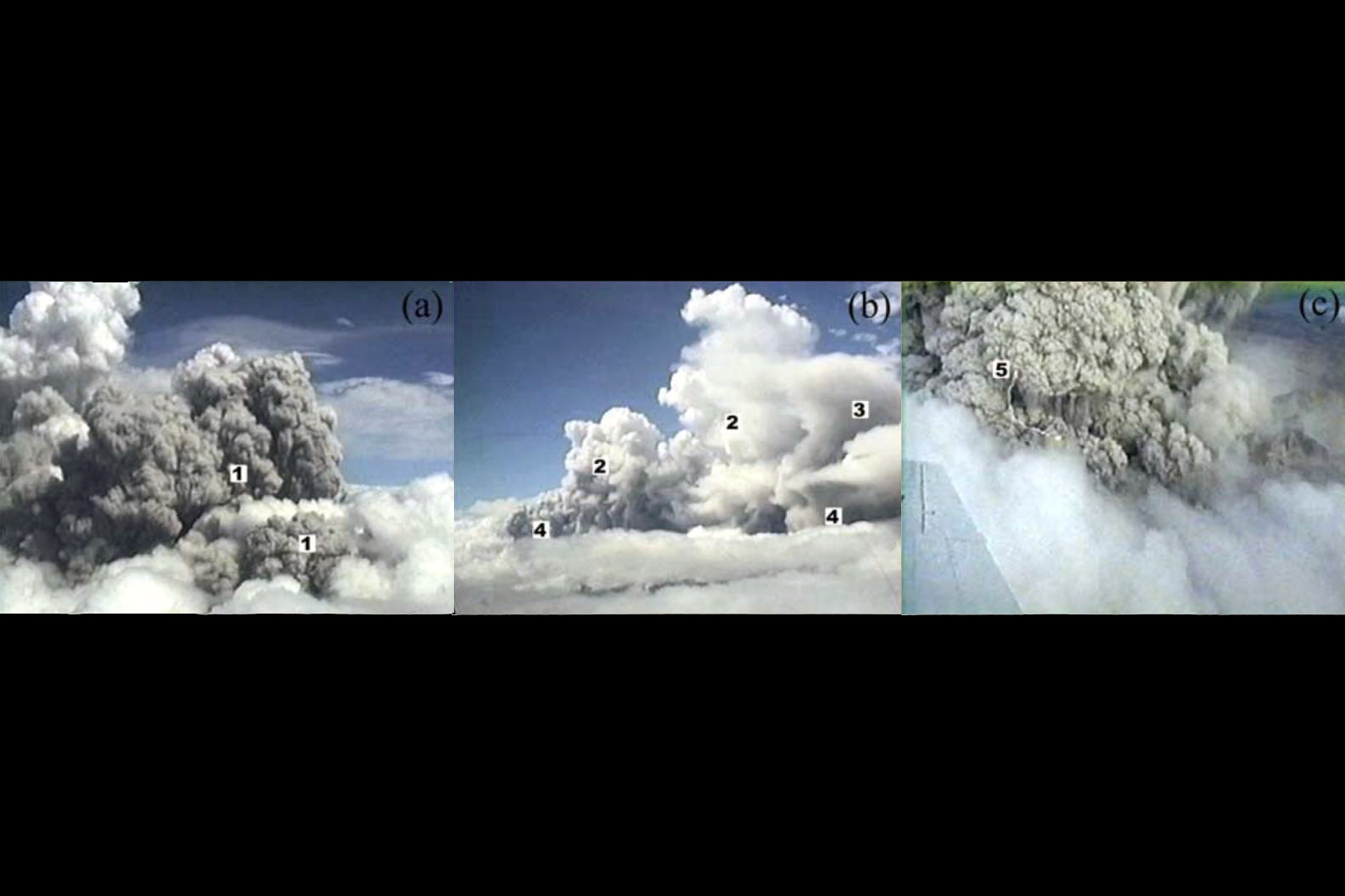
My MA project investigates the political and legal determinations of risk and care in the face of developing geo-engineering experimentation. I focus on the SCoPEx experiment led by Harvard University and scheduled to take place in New Mexico in 2019-20 and analyse how the production of speculative calculations concerning temperature, light reflectivity, and particle behaviour in the stratosphere becomes central to the discussion around the political (in)acceptability of outdoor geo-engineering experiments.
Palcacocha
Romy Kiessling (RA)

How does one use architecture to frame a field of causality that connects disparate localities for the purpose of making claims for climate justice legible? In order to pursue this question, I follow an ongoing legal case in which a Peruvian farmer has brought charges against the power plants of a German energy provider. The lawsuit claims that the company has contributed a discernible amount to the emissions at the root of global climate change and should therefore be responsible for a proportional share of the costs of containing a swelling glacial lake, which could destroy the plaintiff’s house.
Toxic Mushrooms: The Mycoremediation of Disaster Landscape
Victoria McKenzie (RA)

My research takes the mushroom as a point of departure to investigate soil toxicity at sites of radioactive disaster. The aim of my research is to understand the role specific fungi play in the remediation of radioactive soil. While disaster relief efforts are focused on anthropocentric methodologies of intervention, my research argues that existing ecological phenomena, such as sub-terrain fungi root networks known as ‘mycelium’, are proficient at performing soil recovery functions if given sufficient time and support. I posit that mushrooms enter into relations with toxicity that can be used as a speculative method of ‘ecosophy’ or democratic intervention.
Harm by Indirection
Tiago Patatas (FA)

My research investigates the conditions of the illegal, small-scale gold mining epidemic in the Amazon. Often carried out in frontier zones, the informal practice uses mercury to amalgamate the gold particles, irreversibly spreading the volatile metal. While contamination occurs with the absence of a punctual act, it is a project of severe molecular violence. Miners, traditional communities and non-human beings alike are exposed to the toxic effects of mercury. By putting forward the hypothesis that the environments, its actors and actants in study are permanently contaminated, the investigation attempts to explore modes of action that can sustain life otherwise.
Mapping The Space of Deterrence: Conceptions of Rescue in the Arizona Borderlands
Tara Plath (FA)
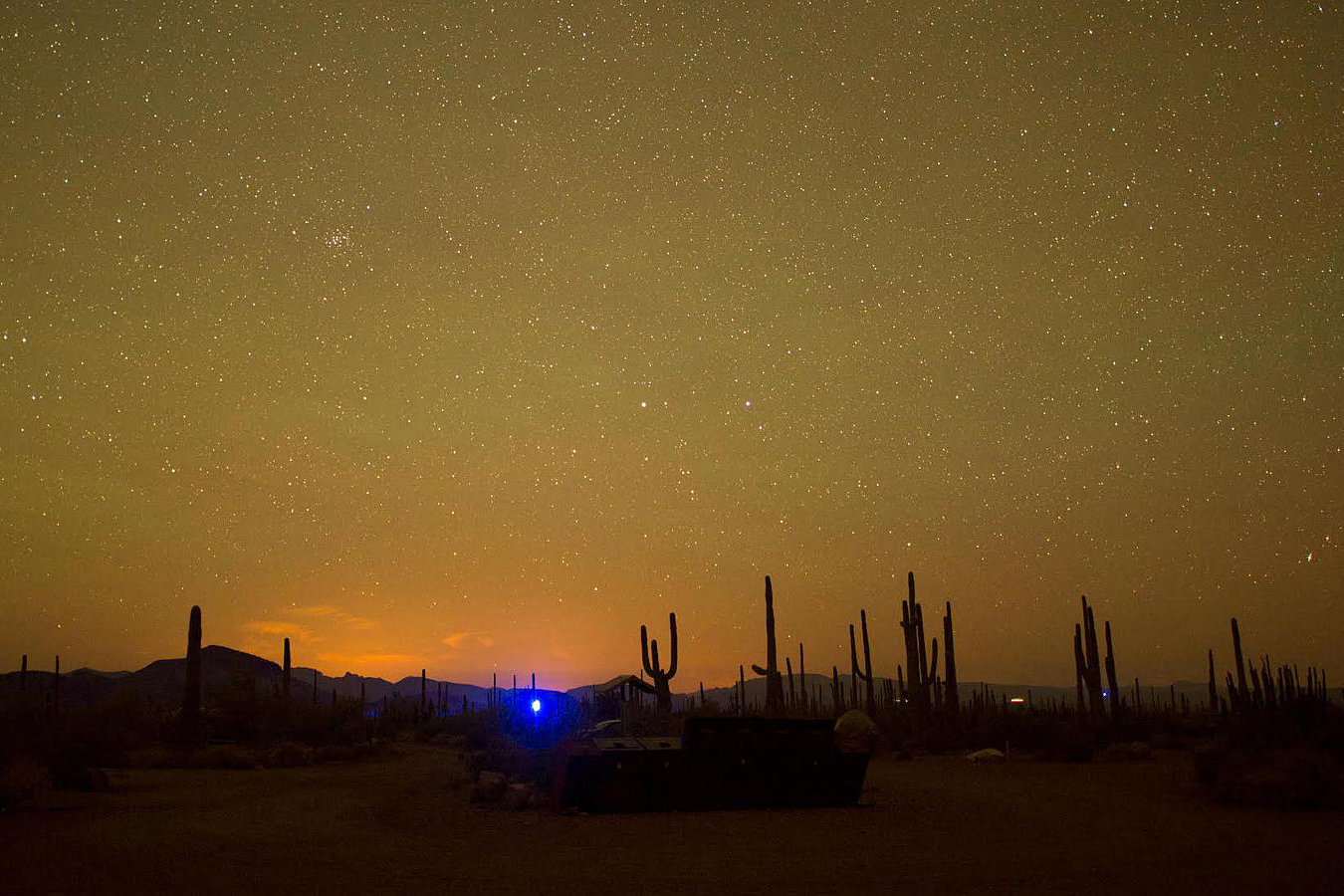
Fifty-eight Rescue Beacons, or "Panic Poles," have been installed across the state by U.S. Border Patrol in this remote desert region, which spans the U.S.-Mexico border to the south and is primarily under federal jurisdiction as national parks, wild life refuge, and military bases. These rescue beacons serve as a nexus for interrogating state obligation in response to migrant fatalities, tensions between Border Patrol and local humanitarian groups, the existing legal frameworks surrounding immigration law and their recent applications under inflamed nationalist rhetoric, and the relationship between conservation, federal land management, and border enforcement.
Unlock/Feedback/Fold: Permafrost as a Translator, Facilitator, and Spatial Archive
Santiago Rivas (RA)

In 2016 reindeer begin dying en masse in the Yamal Peninsula in Northern Siberia. A massive heat wave reaching 32C hit the Russian tundra thawing the upper layer of the permafrost. As a result, dormant spores of a deadly bacteria hosted in a 75 year-old reindeer carcass were released into the environment. 72 Nenet nomadic herders were hospitalised and the area evacuated. In this project I investigate the architecture of the thawing permafrost and its shifting border regime under current climate conditions. Moreover, I explore permafrost as a temperature and biological archive, and as facilitator and translator of climate change.
Reverberant Territories
Mohamad Safa (FA)

Witnesses of war are as well the ones that have listened to It”. At 2:40 pm in the afternoon of the 13th of August 2006, an “ear blasting impact that I have never heard in my life” as one witness asserts, had struck the southern suburb of Beirut. The blast in question was the result of 20 consecutive Israeli aerial bombardments on Imam al Hassan residential complex in the southern suburb. Stemming from the multiple sonic facets of these events, my research develops a sonic method that explores the structural extension of armed conflict traumas during the cessation of hostilities.
Civic War
Will Scarfone (FA)
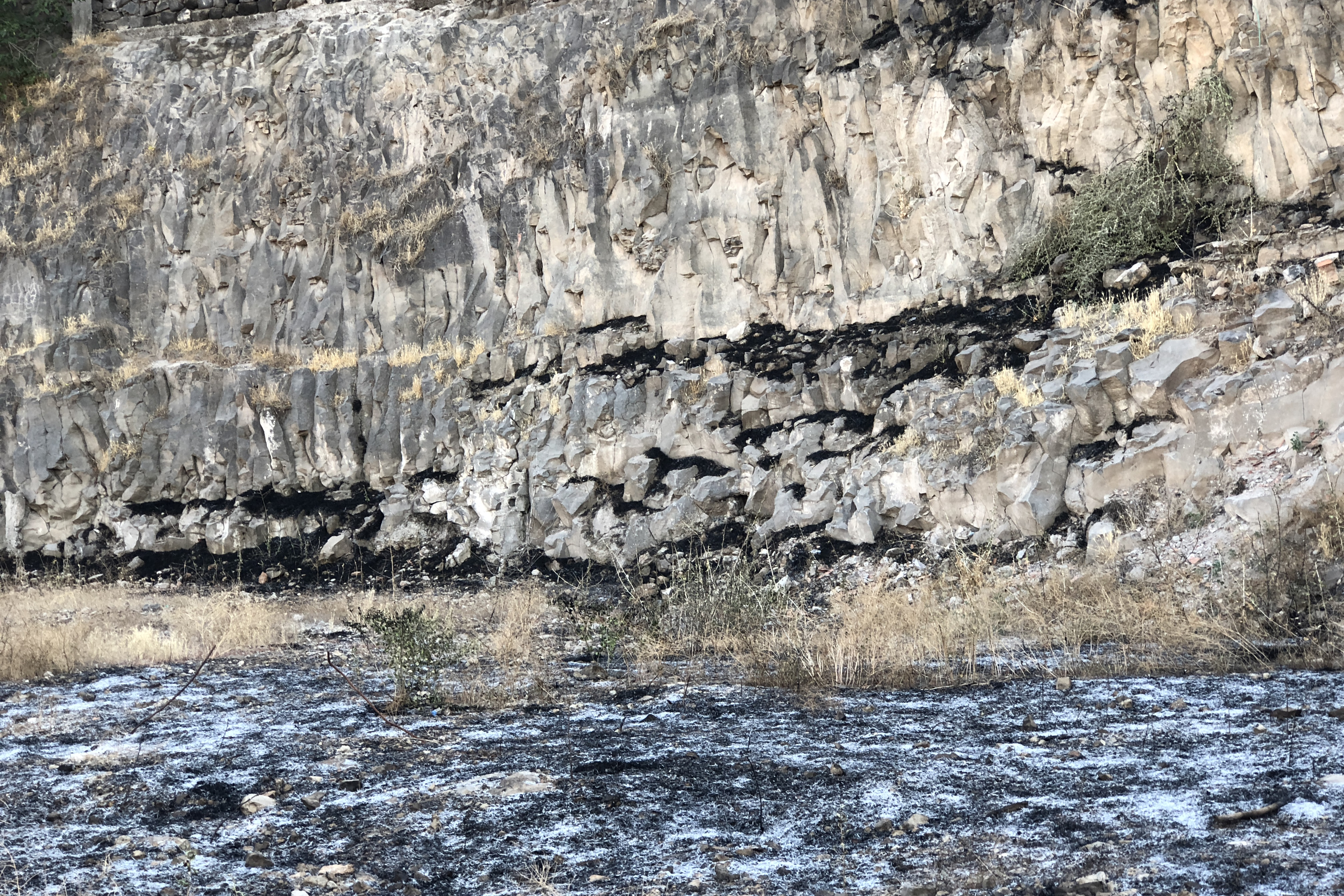
This dissertation reseacch investigates the 2016 intrastate conflict and redevelopment program in Diyarbakir, SE Turkey as an instance of "civic warfare." Civic war refers to the extension of hostilities--beyond the destructive situation of armed conflict in an urban environment--into the civil domain, particularly by use of the legal instruments of State power. The thesis, through spatial analysis, image-production and writing, seeks to enhance critical discourse on International Humanitarian Law and the State-terror nexus.
Omonoia: Trajectory of hates crimes in Athens, Greece
Phevos Simeonidis (FA)
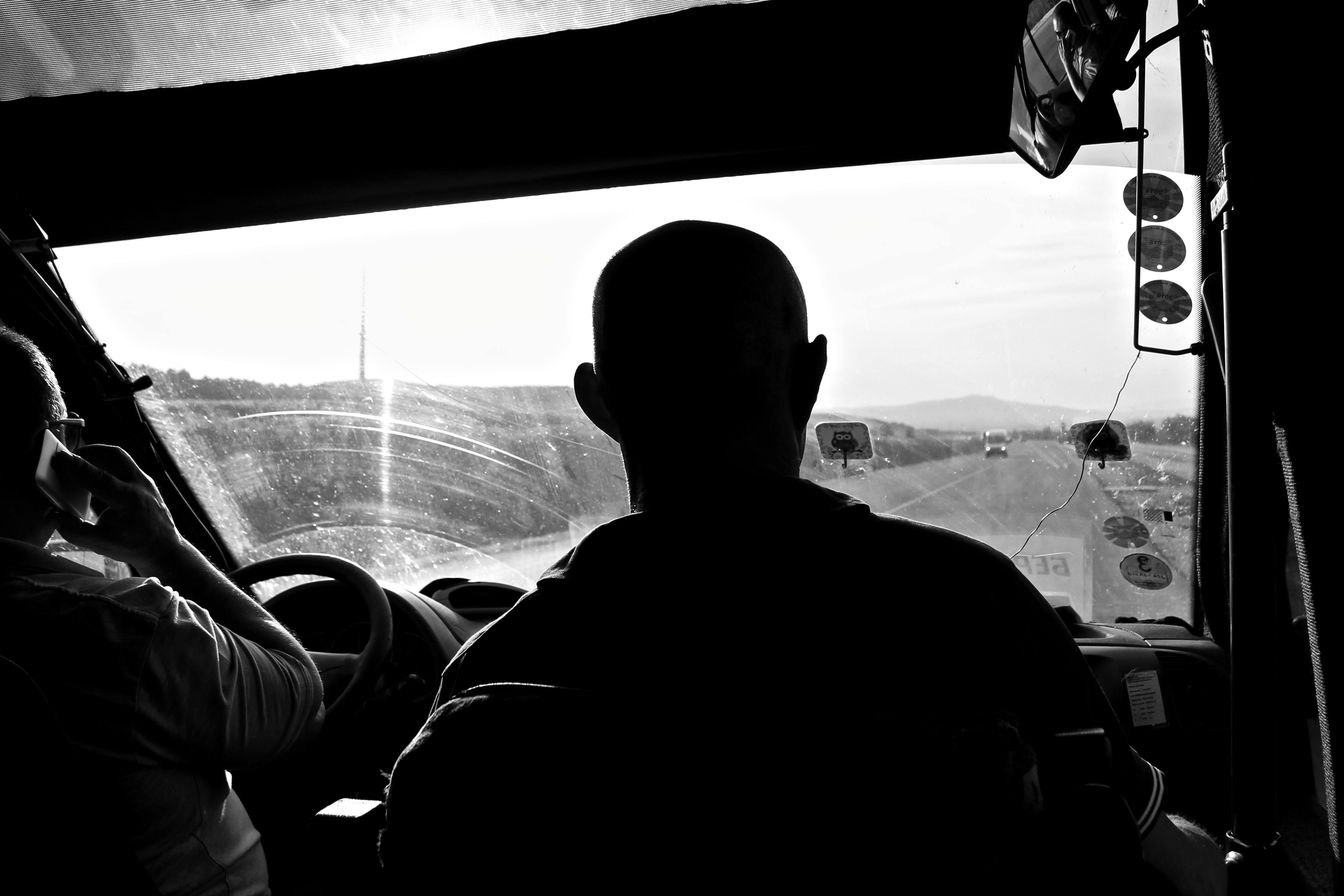
My research explores the genealogy of hate-crimes in Greece and abroad in parallel to the current rise of nationalist ideals and xenophobic narratives of fear and irredentism. I aim at investigating the current and past social realities of the Balkans, prior to and while austerity measures are in place. Meanwhile, I'm focusing on instigating a dialogue of experiential exchange between the university and the social movements. I'm currently working on cases of police brutality against migrants throughout the past two decades, trying to unravel, monitor and present the multidimensional connections of the Authorities with extrastate right-wing groups.
Hydroponic Ground
Asli Uludag (RA)

This research investigates the politics of smart greenhouse hydroponics and the consequent alienation of the natural environment. Mobilised around environmental emergencies, the agriculture industry has shifted its focus from arable farming to smart, greenhouse hydroponics for which Westland in the Netherlands functions as a test site. The glass and concrete borders wrapped around these sterile, fragile and so-called closed system environments expand and contract in all directions to regulate crossings by non-human actors. This project aims to locate these fluid borders and explore the logics they operate on.
Camp America
Avi Varma (FA)

My research explores the multiple forms of environmental and epistemic violence. I investigate the Tornillo “Tent City,” a detention centre for unaccompanied migrant children near El Paso, Texas, situated on the US-Mexico border. I argue that the Tornillo detention center is part of an emergent pattern of population management that is being enacted to contend with climate migrations resulting from ecocidal harm. It is a matter of environmental concern involving federal-and-military infrastructure, toxic environments, refugee detention, and emergency management companies making hundreds of millions of dollars in profit. My project attempts to disentangle the complex relations that intersect at Tornillo.
Contact/less
Sarah Vowden (RA)

Contactless Technologies have increasingly entered the financial terrain of small payments, reducing transactions to the waving of a card over the payment terminal, or at the touch of a thumb with biometrics integrated into mobile phones, forming a new material encounter of the everyday transaction. The dwindling popularity of using cash exposes our embodied disciplining of contactless technologies and the dematerialization of exchange practices. This project mobilises contactless as a lens to interrogate the shifting notions of materiality as money sheds its form. Archival in nature, Contact/less produces non-linear narratives both as a financial and cultural strategy towards cashless society.
